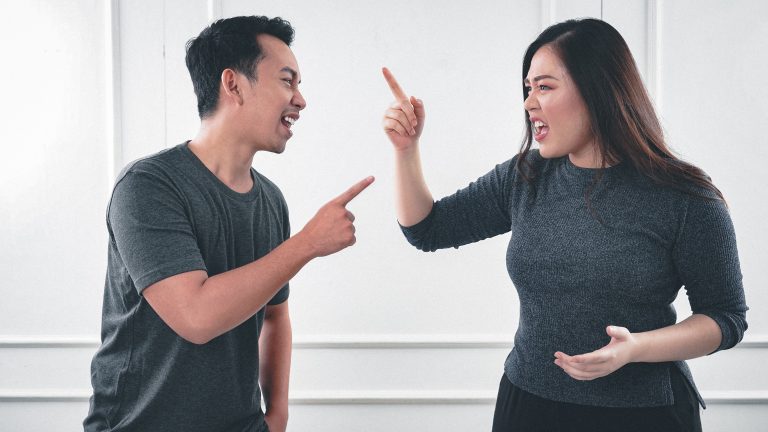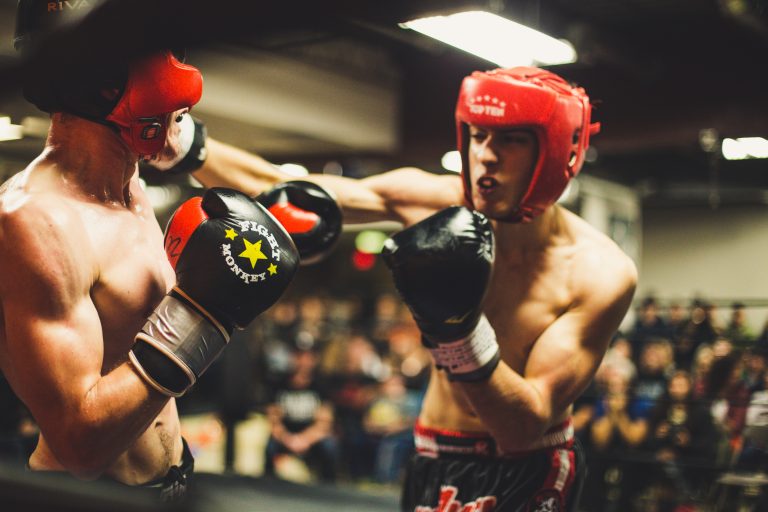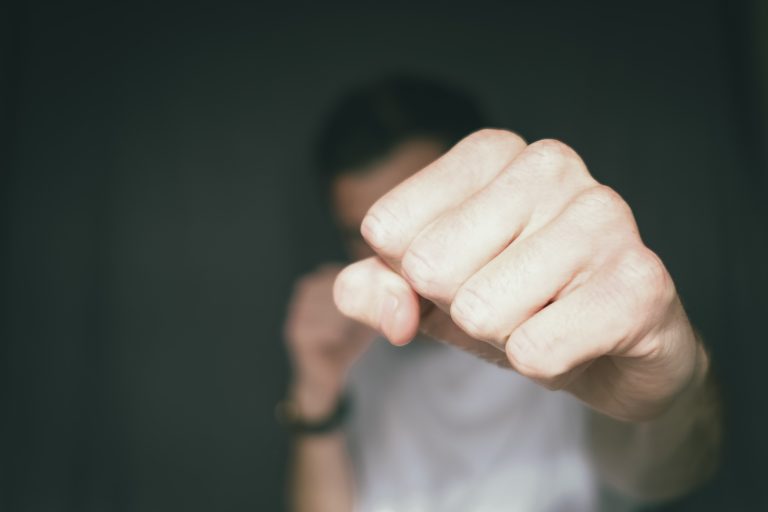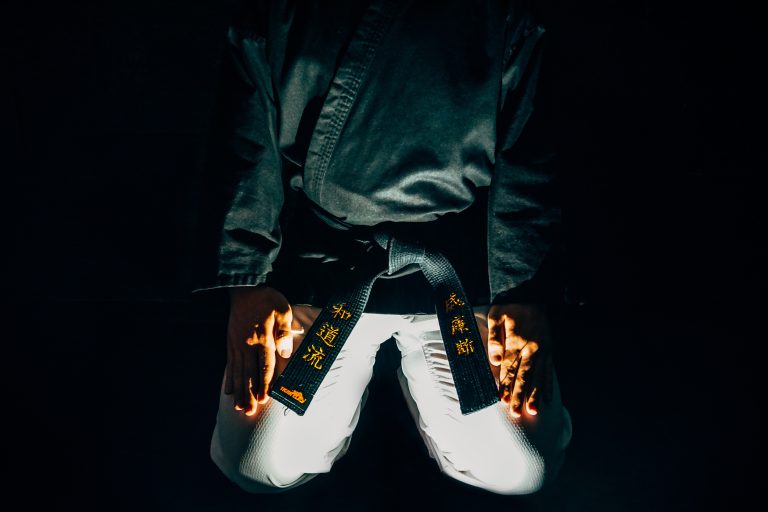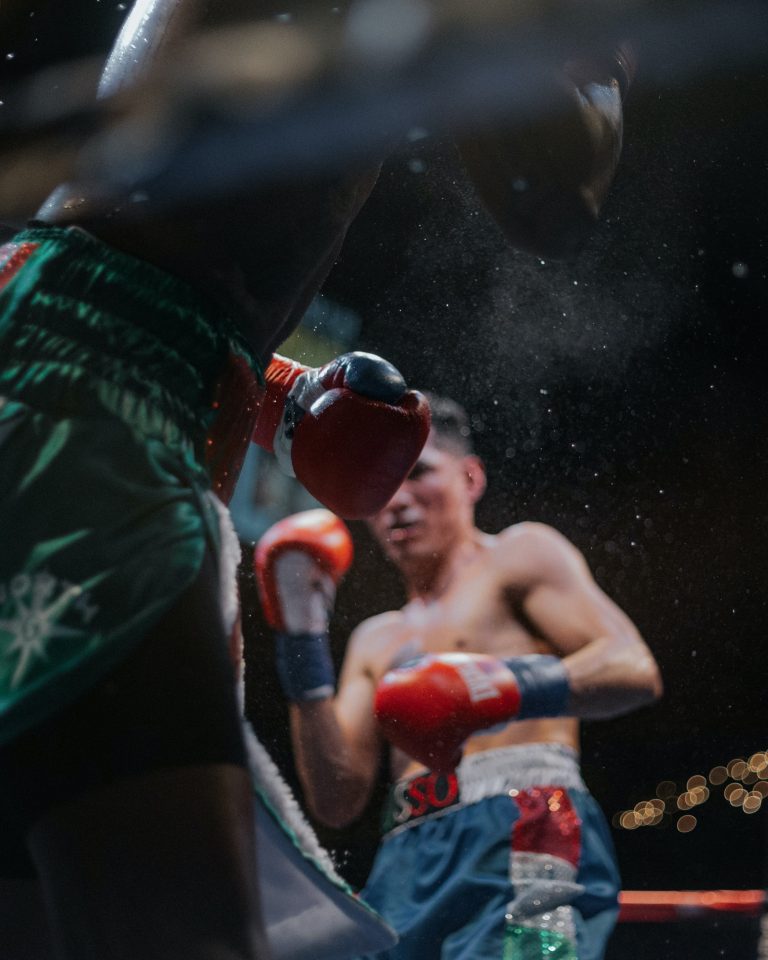What Are the Benefits of Practicing Traditional Karate?
Traditional karate is an ancient martial art that has been practiced by martial artists for centuries. It is often seen as a form of physical fitness and self-defense, but what are its real benefits? In this blog post, we’ll explore the benefits of traditional karate, from physical fitness to mental health, and examine what they can provide to practitioners.
Physical Fitness Benefits
Karate can provide a great way to stay in shape and improve your physical fitness. After all, part of traditional karate practice involves calisthenics and drills that involve stretching, aerobics and strength building. Stretching is great for flexibility and for reducing the risk of injuries. Practicing aerobics can help you increase your stamina and heart health. Finally, strength building activities can help you build muscle, burn fat and improve overall strength.
In addition to the physical benefits of karate, traditional karate can also help you develop mental toughness, as well as physical toughness. The mental discipline that comes with karate can give you the edge when it comes to physical competition and can also help with mental acuity in other areas, such as problem solving, decision making and critical thinking.
Self-Defense Benefits
Of course, one of the major benefits of traditional karate is self-defense. Karate can be used to fend off attackers in relatively close quarters because it involves punches, kicks and throws. It is often seen as a form of self-defense since it can provide practitioners with a way to defend themselves in street or living-room fights. Furthermore, many martial arts schools also promote their self-defense courses as a way to ward off aggression in people’s everyday lives.
Mental Health Benefits
One of the more surprising benefits of traditional karate is its mental health benefits. Karate can help practitioners gain greater self-confidence and self-awareness, both of which are important for maintaining good mental health. Practicing karate can also help reduce stress levels by providing an outlet for frustrations and encouraging practitioners to reflect on their own experiences. Finally, traditional karate is often seen as a form of mindfulness practice as it encourages practitioners to remain focused on the present moment during their training sessions.
What Type of Karate Is Right For You?
There are many different styles of traditional karate, each with its own set of benefits and drawbacks. Some martial arts styles, like Goju Ryu, are known for their linear approach while others, like Shorin Ryu, use more circular techniques. Different karate styles will also require different levels of commitment – depending on what style you choose, you may have to dedicate more or less time to training or to sparring or developing a technique. Ultimately, it’s important to choose a style of karate that you feel comfortable with and that can meet your goals for physical fitness and self-defense.
Conclusion
Practicing traditional karate can be a great way to stay in shape and improve your self-defense skills. It can also provide mental health benefits such as increased self-confidence and improved mental acuity. There are many different styles of karate for practitioners to choose from, so it’s important to evaluate each style carefully to determine which one is best suited to your goals. Whatever style you choose, karate can be an incredibly rewarding activity that has both physical and mental benefits.
References
Cooper, C. (n.d.). Karate Benefits: 7 Reasons To Start Practicing This Ancient Martial Art. Urban Sports Club Magazine.
Kiraly, E., & Johnson, M (2020). Steady Martial Arts: The Best Karate Styles For Self Defense And Fitness. Steady Martial Arts.
McClain, A & Wilson, C (2020). The Mental Health Benefits Of Karate For Adults And Children. Talk Space.
What Are the Benefits of Practicing Traditional Karate?
Traditional karate is one of the most popular martial arts in the world. It is a physical and mental discipline that originated in Okinawa, Japan, and has grown in popularity across the globe. It is more than just punching, kicking, and blocking. Karate is a way of life, a philosophy that teaches values like respect, discipline, and perseverance.
In this blog post, we will discuss some of the most frequently asked questions about the benefits of practicing traditional karate.
What is traditional karate?
Traditional karate is a martial art that was developed in Okinawa, Japan, in the 20th century. It is a combination of self-defense techniques, physical conditioning, and mental discipline. Traditional karate has a strong focus on developing character, as well as physical strength and agility.
What are the health benefits of practicing traditional karate?
There are many health benefits to practicing traditional karate. Here are some of the most notable:
Improves cardiovascular health:
Traditional karate is a high-intensity workout that can burn up to 700 calories per hour. The constant movement and physical exertion can improve cardiovascular health, which can reduce the risk of heart disease and stroke.
Increases strength and flexibility:
Karate involves a variety of movements that require strength, flexibility, and coordination. Practicing karate can help develop these physical attributes, which can improve overall health and fitness.
Reduces stress:
Karate can be a great stress-reliever, as it helps to focus the mind and reduce anxiety. The physical activity also releases endorphins, which can improve mood and reduce stress levels.
Improves balance and coordination:
Karate involves a lot of kicking, balancing on one leg, and moving in multiple directions. Practicing these movements can improve balance and coordination, which can reduce the risk of falls and other injuries.
What are the mental benefits of practicing traditional karate?
There are many mental benefits to practicing traditional karate. Here are some of the most notable:
Builds confidence:
Traditional karate emphasizes the development of character, including confidence and self-esteem. The practice of self-defense techniques can also help build confidence in one’s ability to protect oneself.
Develops discipline:
Karate requires discipline and focus. Practicing karate regularly can help develop discipline in other areas of life, such as work or school.
Promotes mindfulness:
Karate requires focus and concentration, which can help promote mindfulness and reduce stress.
Encourages perseverance:
Karate requires commitment and perseverance. Practicing karate regularly can help develop these traits, which can be beneficial in all areas of life.
Is traditional karate suitable for everyone?
Traditional karate is a physically demanding martial art that requires strength, flexibility, and coordination. It may not be suitable for everyone, especially those with certain health conditions. It is important to consult with a healthcare provider before starting any new physical activity.
That being said, traditional karate can be modified to accommodate different skill levels and physical abilities. Many karate dojos offer classes for children, seniors, and individuals with disabilities.
What should I expect in a traditional karate class?
A traditional karate class typically begins with a warm-up, which can include stretching, calisthenics, and cardiovascular exercise. The bulk of the class will focus on practicing karate techniques, such as kicks, punches, and blocks.
Instructors may also incorporate training in kata, which are pre-determined patterns of movements, and kumite, which is a practice of sparring with a partner.
Classes may also include instruction in karate philosophy, character development, and self-defense strategies.
Conclusion
Practicing traditional karate can provide many physical and mental benefits. It can improve cardiovascular health, strength, flexibility, balance, and coordination. It can also build confidence, develop discipline, promote mindfulness, and encourage perseverance. Traditional karate may not be suitable for everyone but can be modified to accommodate different skill levels and physical abilities. If you are interested in starting a karate practice, it is best to find a reputable dojo and consult with your healthcare provider beforehand.
Inhaltsverzeichnis

